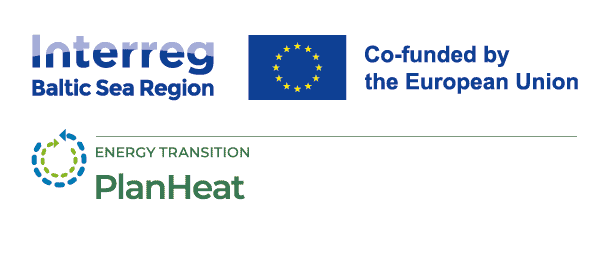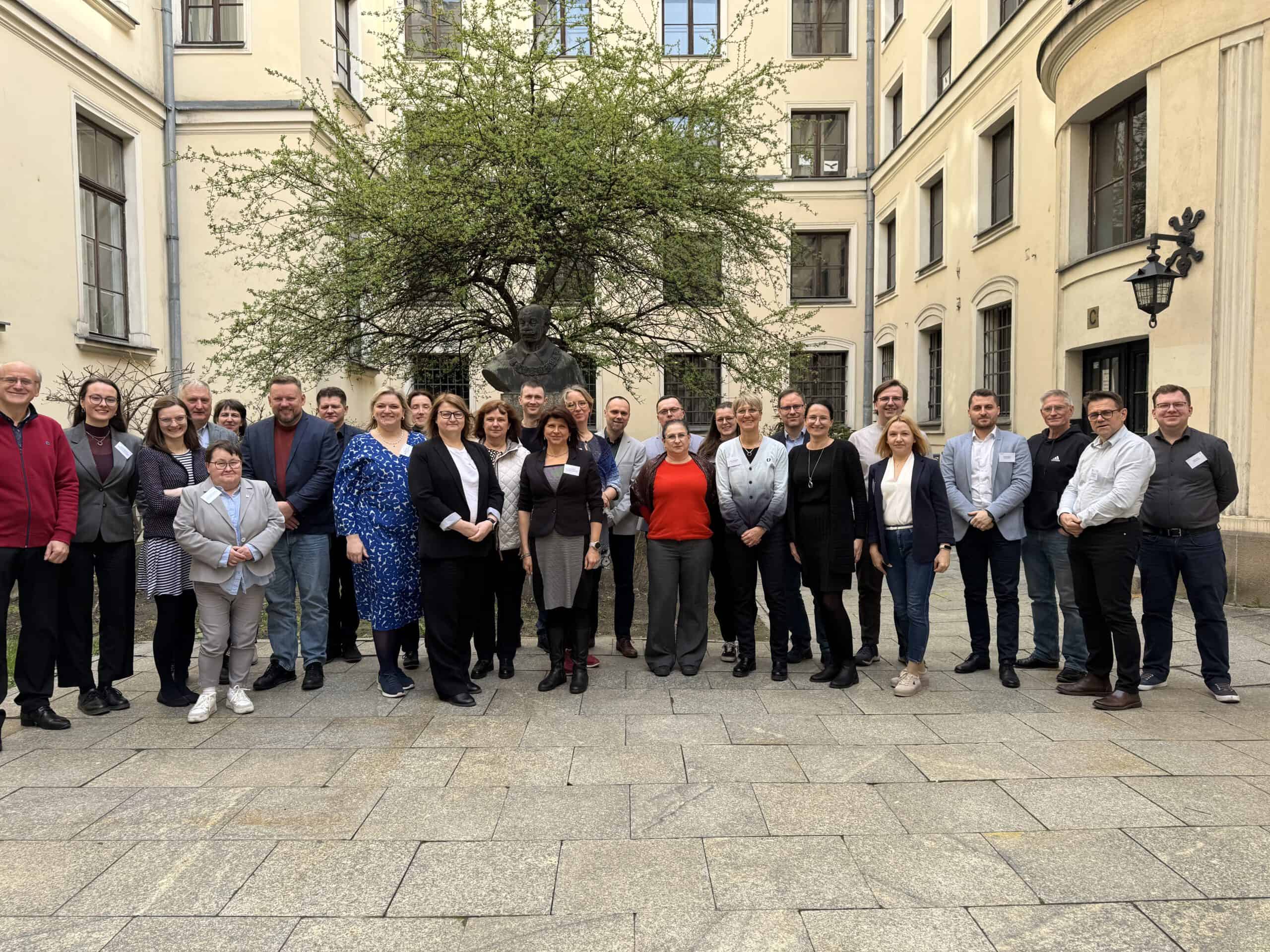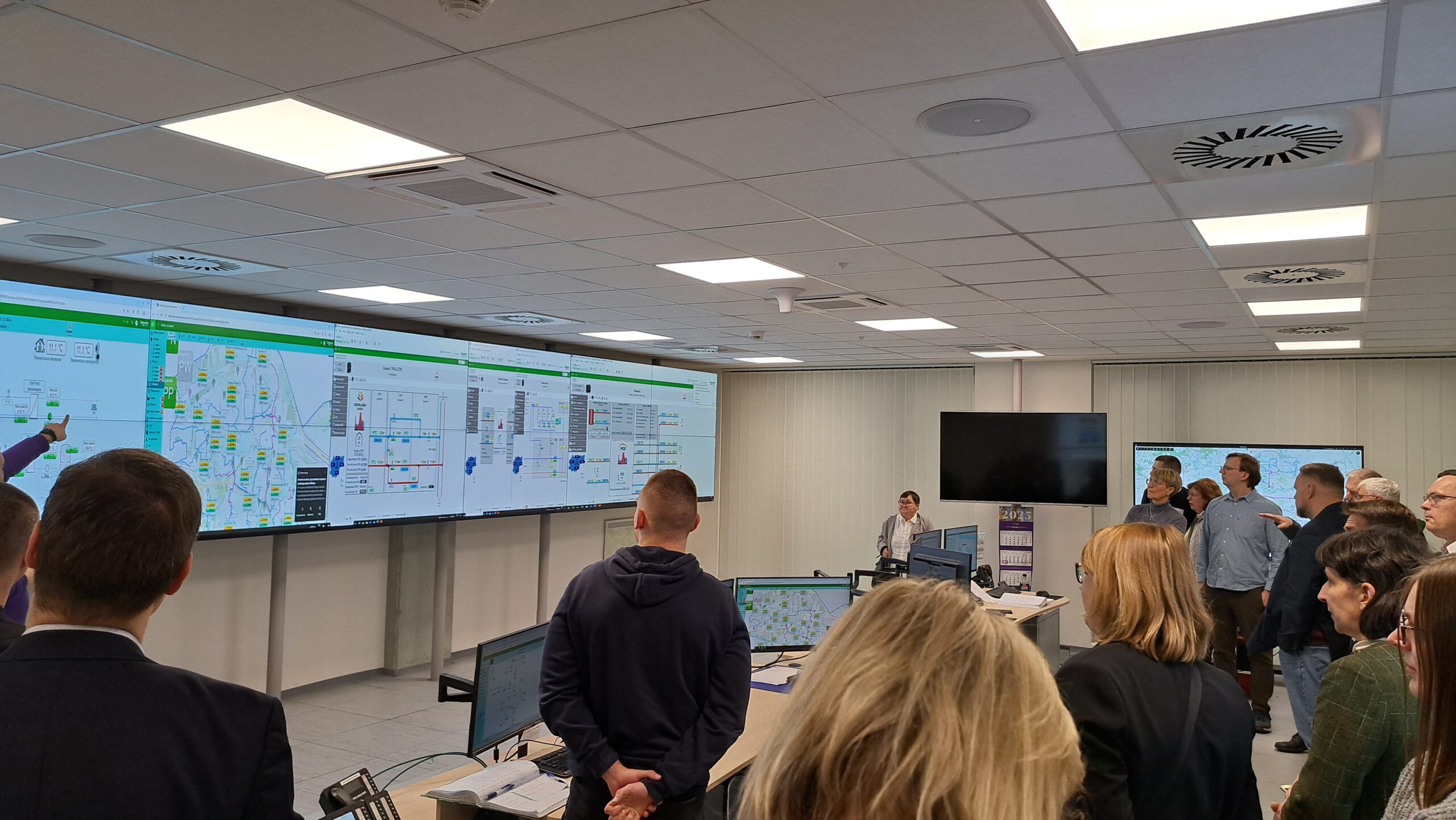
PlanHeat project officially launched in Kraków to advance decarbonised heating in the BSR
06 May 2025
The project “Local Heat Planning: Achieving the Heat Transition in the Baltic Sea Region” (PlanHeat) was officially launched in Kraków, Poland, on 1–2 April 2025. The event marked a significant milestone in the effort to support municipalities in the Baltic Sea Region (BSR) in their transition to sustainable heating infrastructure.
The two-day kick-off meeting, hosted by PNEC – Association of Municipalities Polish Network „Energie Cités” and supported by aconium being assigned by the Lead Partner Bremerhaven to take over the project management tasks, gathered a diverse group of partners from across the region. It set the stage for a collaborative journey to address one of the most critical components of the green transition: local heat planning (LHP).
Supporting municipalities in the heating transition
Heating is responsible for a large share of greenhouse gas emissions at the local and regional level, and with the revised EU Energy Efficiency Directive (EED) now requiring municipalities with more than 45,000 residents to develop Local Heat Plans, many cities in the BSR face the pressing need to act. This is particularly true in countries where legal frameworks and technical solutions are still emerging.
The PlanHeat project, co-funded by the Interreg Baltic Sea Region 2021–2027 Programme, will assist municipalities in overcoming these challenges. It will provide them with practical tools and the opportunity to collaborate across borders to ensure that local heat planning becomes a foundational element of the green transition. By focusing on solution preparation, testing, and transfer, the project aims to foster long-term capacity building and a stronger connection between local governments, energy agencies, and technical consultancies.
Key highlights from the kick-off event
Over the course of the kick-off event, partners shared knowledge, addressed key challenges, and mapped out the project’s next steps. Some of the key moments included:
- Legal & policy insights: Experts from Euroheat & Power, aconium and the project partner organizations provided valuable insights into national readiness levels, legislative frameworks, and the implications of EED Article 25, ensuring all partners were aligned on the regulatory context.
- Site visit to MPEC Krakow: Participants visited the Municipal Thermal Power Company of Krakow, MPEC Krakow, to see firsthand how the city is integrating sustainable heating technologies. The visit showcased innovations in heating networks and monitoring technologies.
- Work package sessions: Day two focused on detailed planning for the project’s three core work packages. Partners discussed strategies for data access, technical guidance, capacity building, piloting, and communication to ensure successful project implementation.
- Workshops on project management, communication & reporting: The contracted project management consultancy aconium facilitated workshops on effective project management, communication, visibility, and financial reporting, preparing partners for the upcoming project phases.
- Transnational Steering Group (TSG): The meeting concluded with the inaugural session of the Transnational Steering Group (TSG), which will oversee high-level project governance and coordination across all project partners.
A strong and diverse consortium
The PlanHeat project brings together 14 partners from seven countries, including municipalities, research institutes, energy agencies, and technical consultancies. The consortium is as diverse as the challenges it aims to tackle, ensuring the project’s outcomes are relevant, transferable, and scalable across the Baltic Sea Region:
- Germany: Bremerhaven (Lead Partner) and ECOLOG Institute
- Poland: City of Bydgoszcz, City of Konin, NAPE and PNEC
- Lithuania: Alytus City Municipality and Lithuanian Energy Institute
- Latvia: Smiltene Municipality and Ekodoma
- Estonia: Rakvere Soojus and TalTech – Tallinn University of Technology
- Finland: Ecofellows
- Sweden: Energy Agency Southern Sweden
Each partner brings unique expertise and local knowledge to the project, which will be key in developing solutions that are both practical and regionally adaptable.
What’s next?
With the successful launch behind them, the project now enters its implementation phase. The next steps for PlanHeat include:
- Development of a user-friendly data collection method for LHP
- Composing training material for municipal staff on LHP
- Working on guidance on how to improve public participation and stakeholder involvement
- Discussion of recommendations to tackle regulatory, financial and organisational challenges the local and regional level faces when working on heat planning
Partners will continue to work closely together to ensure that the project’s objectives are met and that local heat planning becomes a critical component of the green transition in the BSR.







